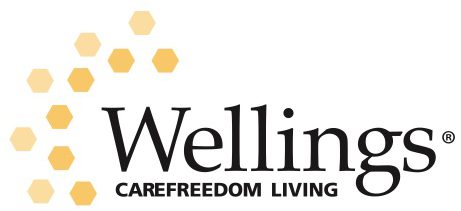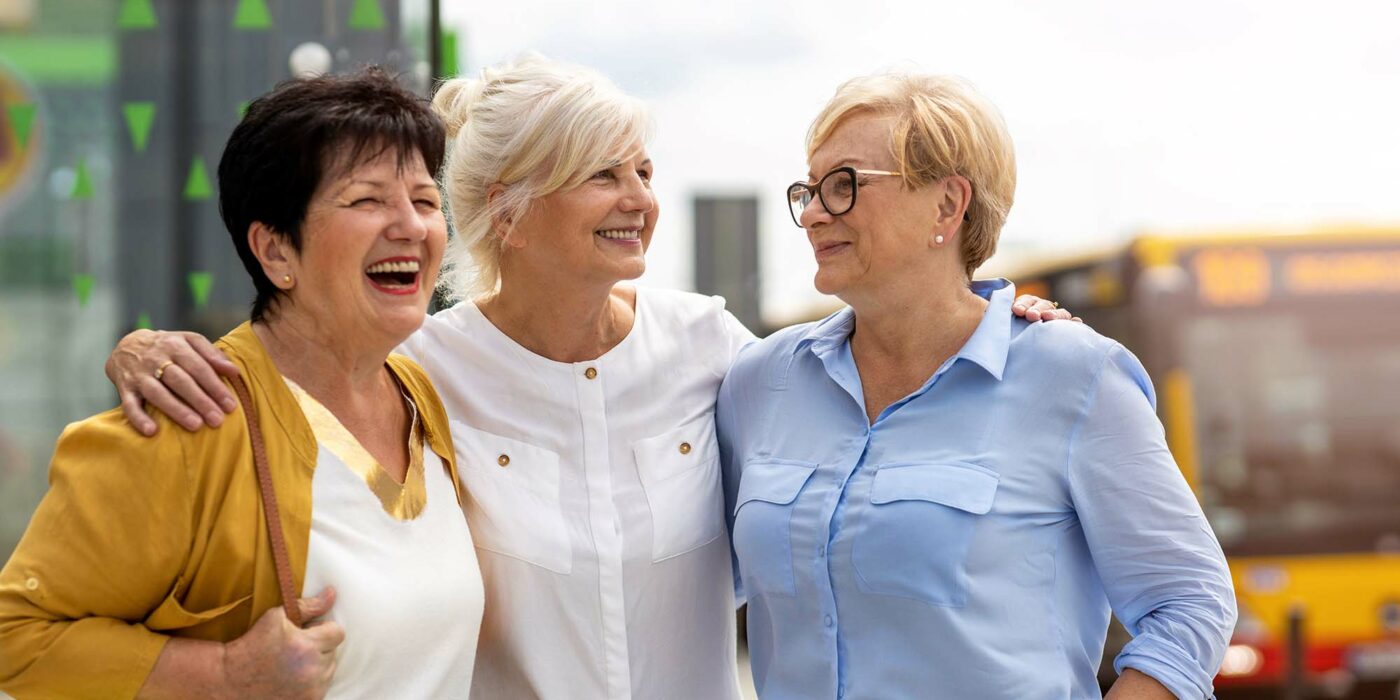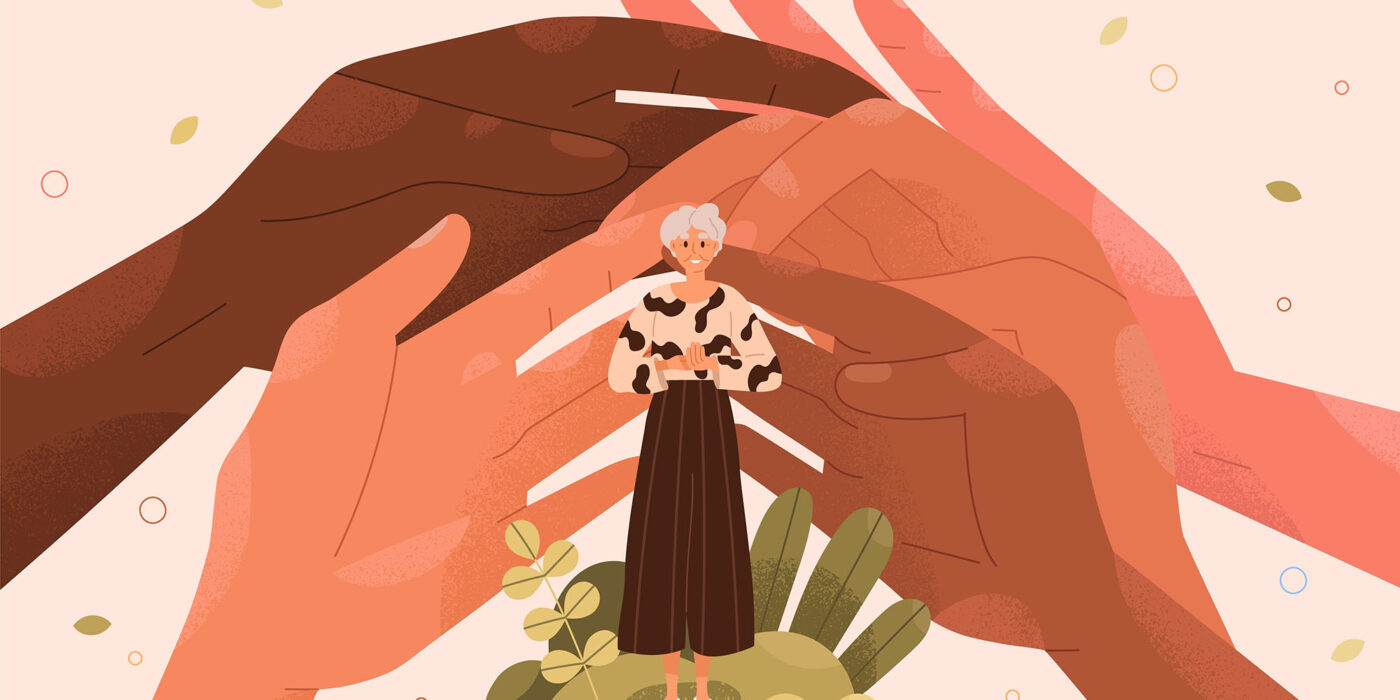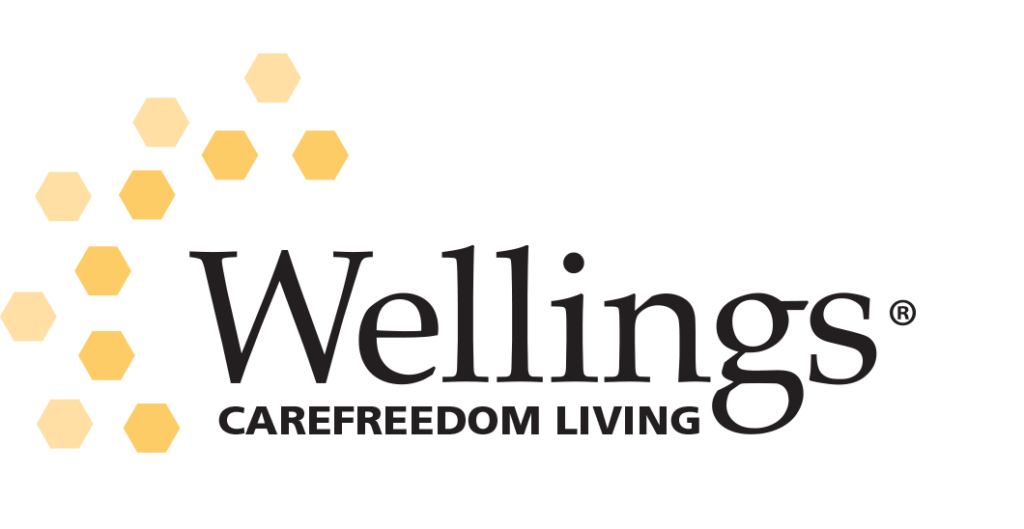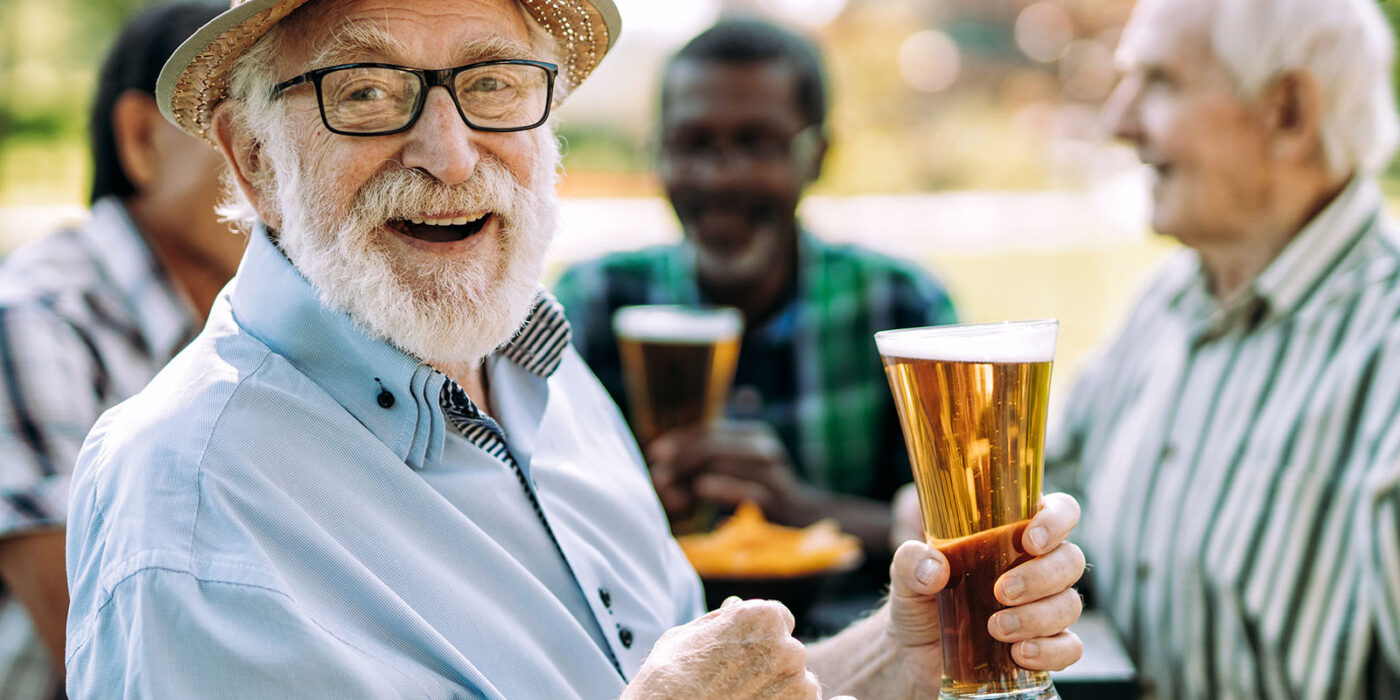Prepare Your Executor
Unless you prepare properly, your executor could end up feeling more like a detective. Where are receipts for the final tax return? Where’s the life insurance policy? What, there’s an old bank account from 20 years ago? The job of the executor is involved enough without having to search for information and documents that could’ve been placed at their fingertips.
Note that we’ll use the term “executor,” but the person designated to administer an estate may be called a personal representative, liquidator or estate trustee, depending on the province.
Make a directory
Whether you do it electronically or on paper, you should have a document or binder that lists all the information your executor will need. You’ll record contact information for your lawyer, advisor, accountant and beneficiaries. List the location of your will, tax returns, insurance policies and any other important documents. Record all assets, including investment accounts, real estate, valuables and private company shares. Also record mortgages, credit cards, loans and lines of credit. Provide bank account information, including bank contacts, safety deposit box location and your online passwords. Other items include online utility payments, subscriptions and digital assets. Any information your executor needs to settle your affairs should be included in this directory.
Explain your decisions
You should discuss any items in the will where you can offer insight or information that helps explain your intentions. For example, say that a nephew is to receive a substantially smaller amount than a niece. But that’s because you had helped out the nephew financially when he launched a business. That’s a piece of information that could prove helpful to the executor.
What if privacy is important? You may have personal information in the will you don’t yet want to reveal to your executor, and that’s fine. The point isn’t to share every detail – it’s to discuss your intentions regarding matters where clarification will be helpful to the executor.
Communicate funeral plans
No one looks forward to planning their own funeral, but it’s important to either make your own arrangements or communicate your wishes. If funeral and burial plans aren’t clear, the unfortunate result could be a dispute among family members. Depending on the province, the executor or family members are responsible for carrying out funeral arrangements, but either way, you should communicate your plans to the executor.
Confirm your executor’s interest
If the person you designated has not been an executor before, this process of preparation might demonstrate that executorship is more involved than they expected. Check in with the individual to make sure they remain interested. You can also consider getting help for your executor by having a corporate executor manage the more involved tasks.
